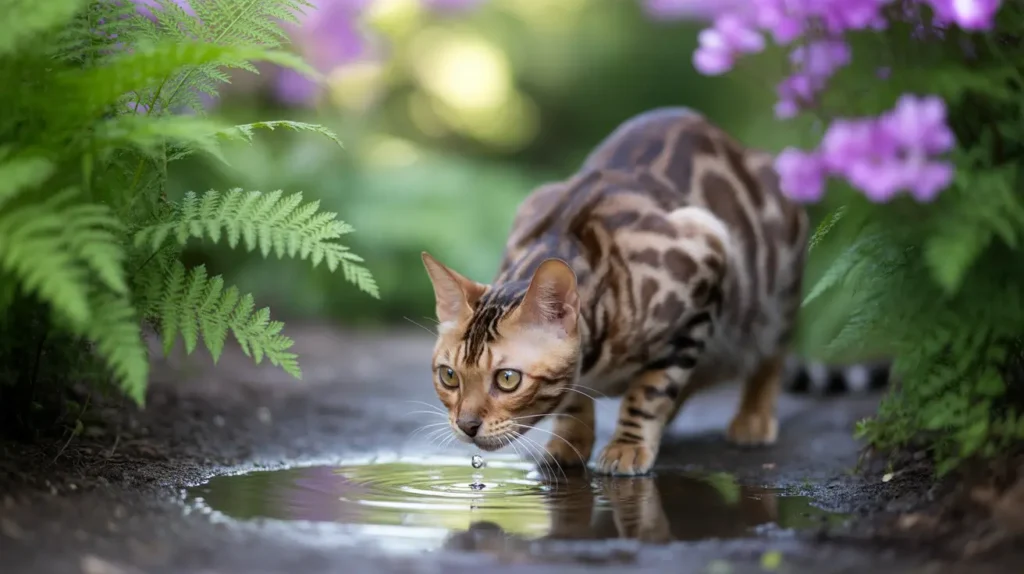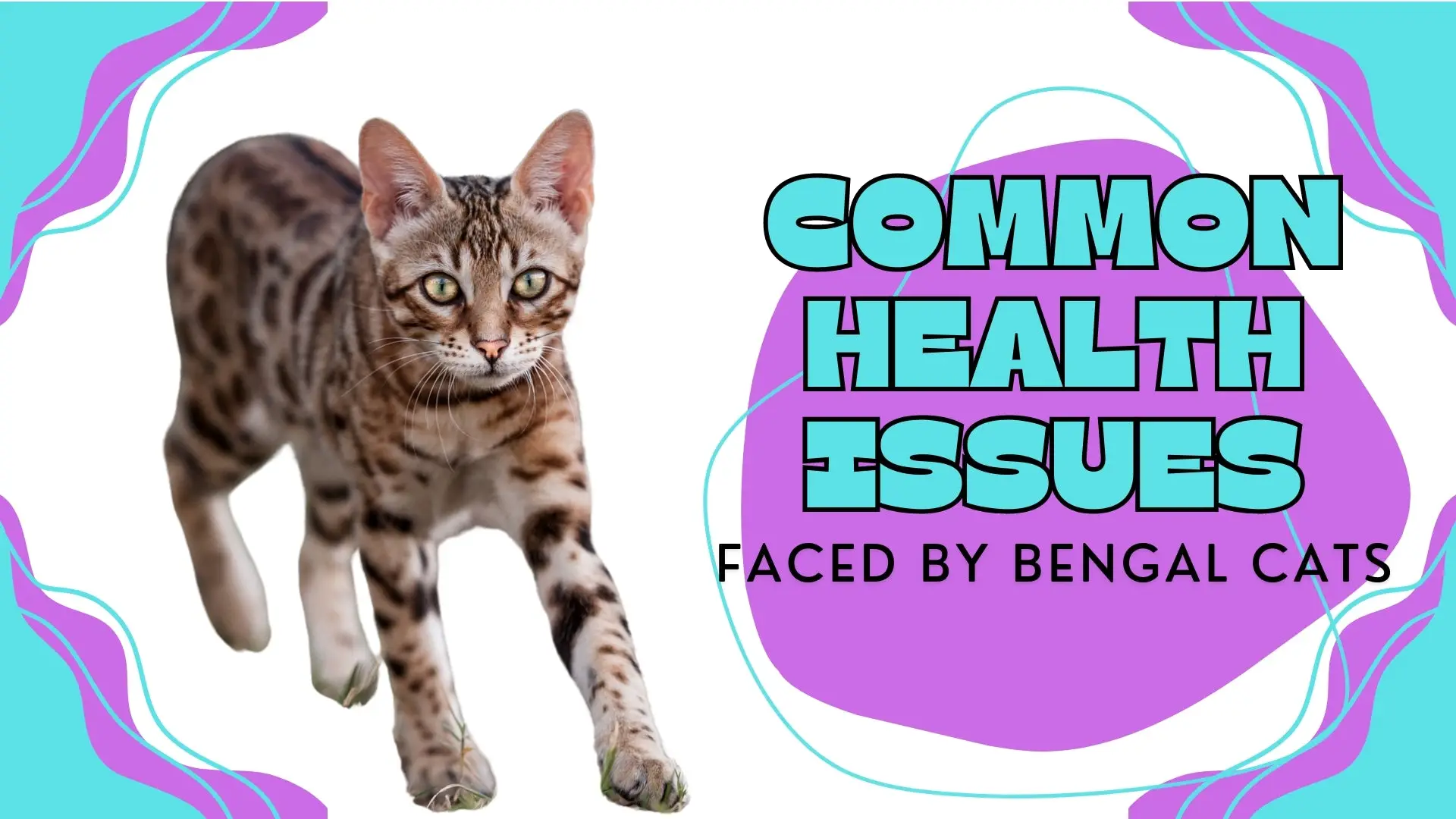Lifespan of bengal cat depends on certain things. When you see a bengal cat, you might think of it as a small leopard. But it is a domestic animal. Why is a bengal a domestic short-haired cat? Bengal cats, due to their wild and curious behaviour, are almost always a favourite companion of people. Bengal cats are not lazy cats, although this trait depends on their generation. They usually like to lead a more active life than domesticated breeds.
Health issues:
The average lifespan of bengal cat is 12 to 16 years. Some lifespan of bengal cat longer than this. They are a relatively healthy breed, but they are also sometimes at risk of certain genetic health conditions. Therefore, if you want to buy a bengal cat, it is absolutely mandatory to insure the cat.

Lymphoma:
Lymphoma is a type of cancer that affects the cat’s system. This is the major disease in lifespan of bengal cat. All cats are at risk of developing cancer, but some cats are more likely to do so. Bengal cats are more likely to develop lymphoma than other breeds of cats. This lymphoma affects the spleen and bone marrow. Intestinal lymphoma is most common in bengal cats.
Gastrointestinal disease:
In addition to the increased risk of intestinal lymphoma, bengal cats are also more likely to have abnormal gastrointestinal tests. This may be due to their curious nature. It is thought that irritation or intestinal disease may also be responsible. If your cat is experiencing unusual vomiting or diarrhoea, it is imperative to see a doctor to plan a treatment plan. You can prevent this disease during lifespan of bengal cat.
Hypertrophic cardiomyopathy:
This is one of the most common heart diseases in cats. Some bengal cats may be predisposed to this disease. The disease is characterized by thickening of the heart muscle. The symptoms of this disease are not always obvious, so only if you are a responsible breeder will you be able to identify that your bengal cat has hypertrophic cardiomyopathy. If this disease is caught in its early stages, your veterinarian will be able to provide your bengal cat with regular health and check-ups.

Retinal problems:
Retinal problems are a genetic disease of bengal cats, which severely damages the retina. Eye disease are very common disease in lifespan of bengal cat. This retinal disease is called retinal atrophy. Unfortunately, there is no cure for this disease. This disease can eventually lead to blindness in your bengal cat. Some visually impaired cats can live a happy life around your home with extra help. The disease mainly affects bengal kittens between two and three months old. And it starts late in cats between two and five years old. The first sign in both types of cats is that they become night-blind.
Pyruvate kinase deficiency:
Pyruvate kinase deficiency is a genetic disease in cats that causes a deficiency of an enzyme. As a result, bengal cats’ red blood cells break down faster than normal. As a result, bengal cats can develop anaemia or other blood-related diseases. This disease can be tested genetically. If the disease is detected through testing, the risk of this disease is also greatly reduced by treating this disease.
Treatment:
Bengal cats do not need regular bathing, but they have an attraction to water. We can give you this idea about lifespan of bengal cat. By bathing your bengal cat regularly, your cat will remain healthy. Most bengal cats have large, green eyes. If they have some problems with their retina, you can understand them through their behaviour. You can immediately talk to a veterinarian. If they start bumping into something, you can understand what has changed in the cat’s vision.

Conclusion:
Bengal cats are very active and curious cats. They have a much more personality or playful character than the average cat. They need a lot of stimulation and enrichment for this personality. They are never afraid to express this need. If your cat becomes lethargic, you will understand that its health is not good. Provide them with adequate food that is rich in protein. Take care of them in the initial stages so that you can become the key to your cat’s well-being. You may think that lifespan of bengal cat is exactly like this.

